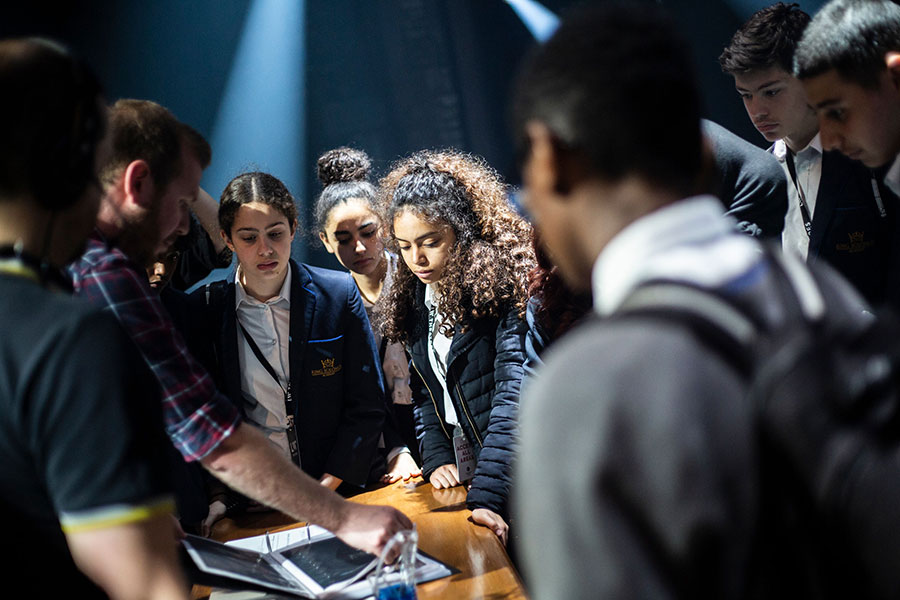From 1st April new rules will apply for those claiming theatre tax relief.
New Regulations: Overview
- Additional Information Form
From 1 April 2024, all claims must be accompanied by an additional information form to provide evidence to support your claim.
For each production you must provide:
- the title of the production
- start date/expected start date of the production
- statements of the amount of core expenditure, split by:
- UK or EEA
- non-UK or non-EEA
- a breakdown of expenditure by category
If you’re claiming the touring rate of relief, then you also need to provide the dates and number of performances at each premises.
2. Connected Parties and Arm’s Length Pricing
Recent legislative changes mean that TTR claimants must apply an arm’s length price to connected party transactions. This means that organisations can only claim the full amount of qualifying expenditure on a transaction with a connected party if the transaction is charged at an arm’s length price – the price that would have been charged between independent third parties making the same transaction.
If a transaction is not charged at arm’s length, a company can only claim qualifying expenditure on that transaction up to the amount spent by the provider of the goods/services in providing them. This will affect expenditure incurred from 1st April 2024.
There is guidance about the arm’s length principle and connected party transactions in the Theatre Tax Relief manual and more detailed guidance will follow.
3. Qualifying expenditure
At least 10% of core costs must relate to activities in the UK for a production to be eligible for TTR.
From 1st April, the type of expenditure which counts as qualifying expenditure is changing from expenditure incurred in the EEA to expenditure used or consumed in the UK. However, if a play has entered the production phase by 1st April 2024, the production company may elect to extend the transition date to 1st April 2025 and continue to claim on EEA expenditure until then.
HMRC do not anticipate that the changes to qualifying expenditure will hamper international touring. Project development, casting, and rehearsals which are carried out in the UK in preparation for a tour overseas will still qualify, as the expenditure is on work used or consumed in the UK.
4. Definition of a theatrical production
The definition of a theatrical production has been amended to state that the main purpose of the audience must be to observe the performance. This will affect plays which enter the production phase on or after 1st April 2024.
Further information
Learn more about the new requirements on the UK government website. HMRC will be updating this guidance by the end of February.
We are holding a free webinar for members to discuss these changes. Please join us on Thursday 14 March, 10:30am-12pm.







Share: